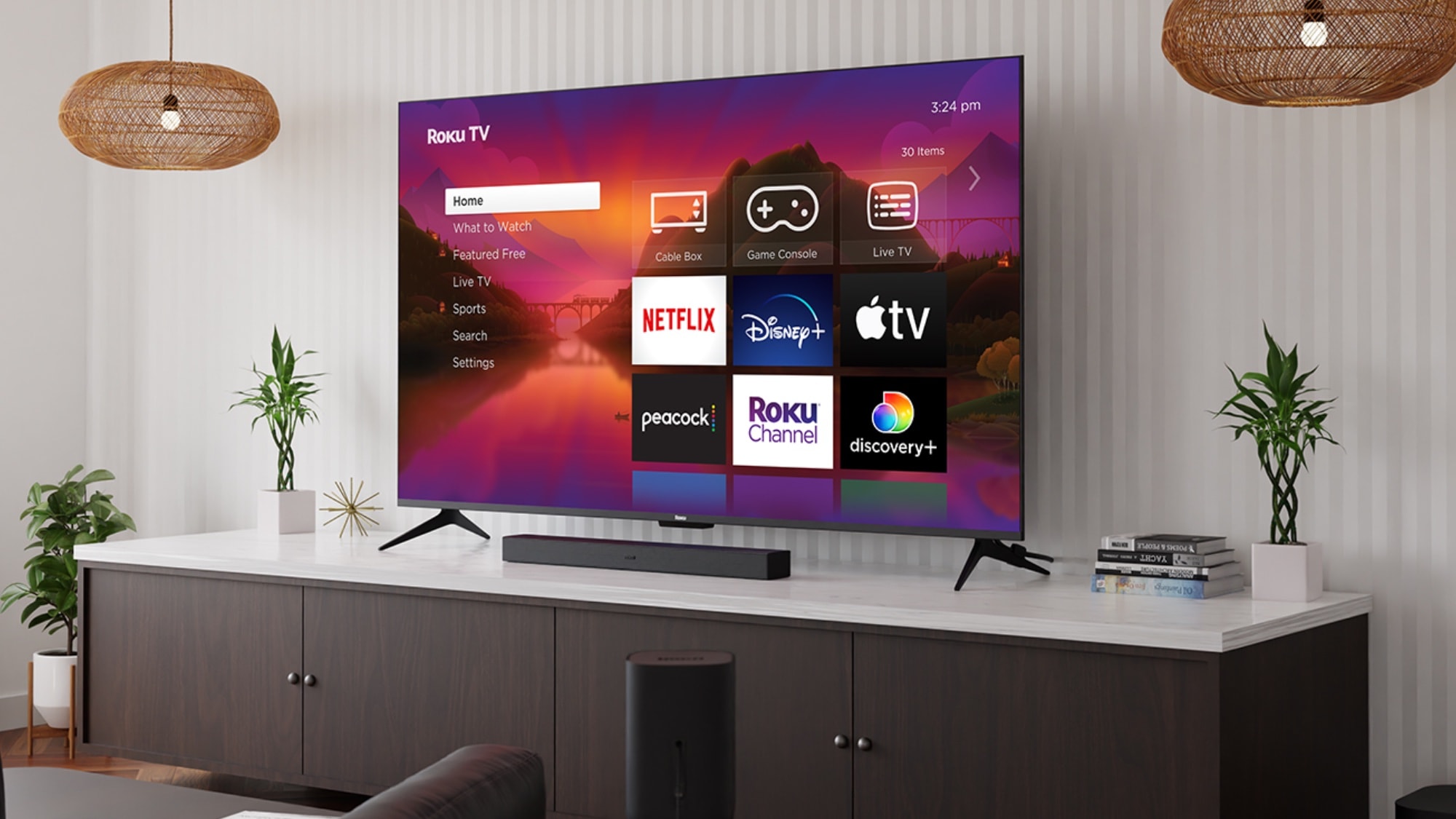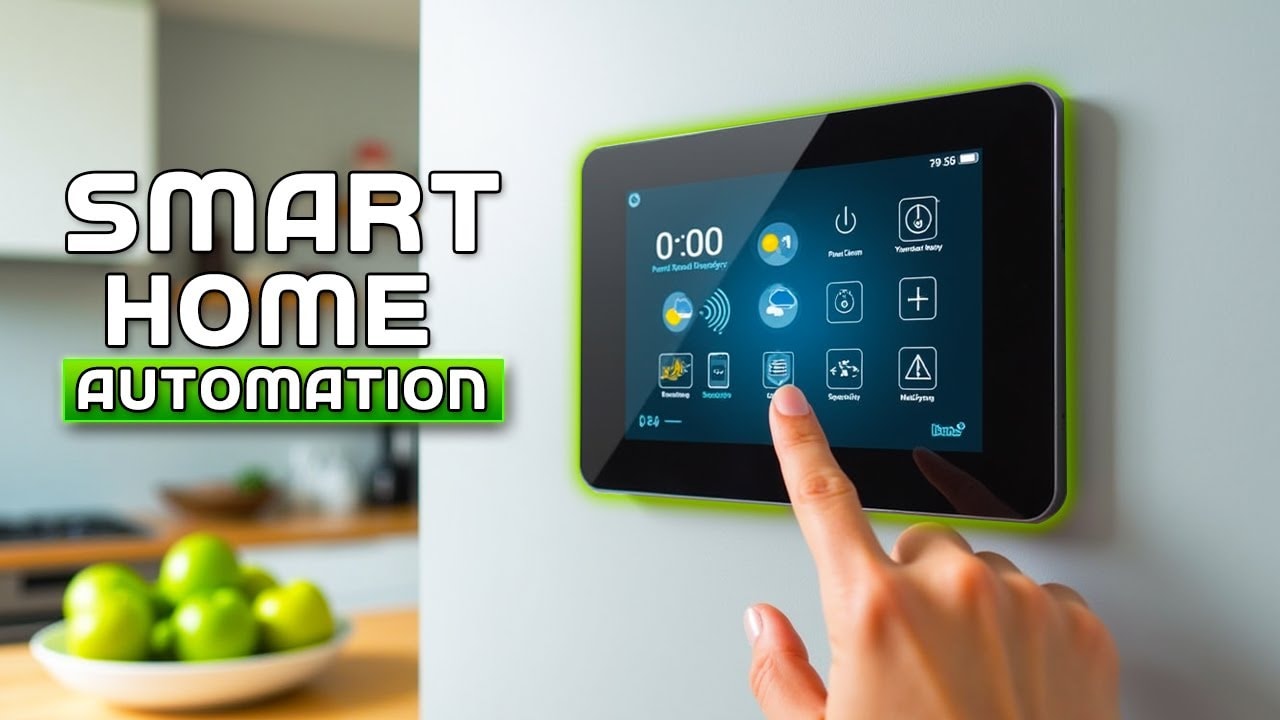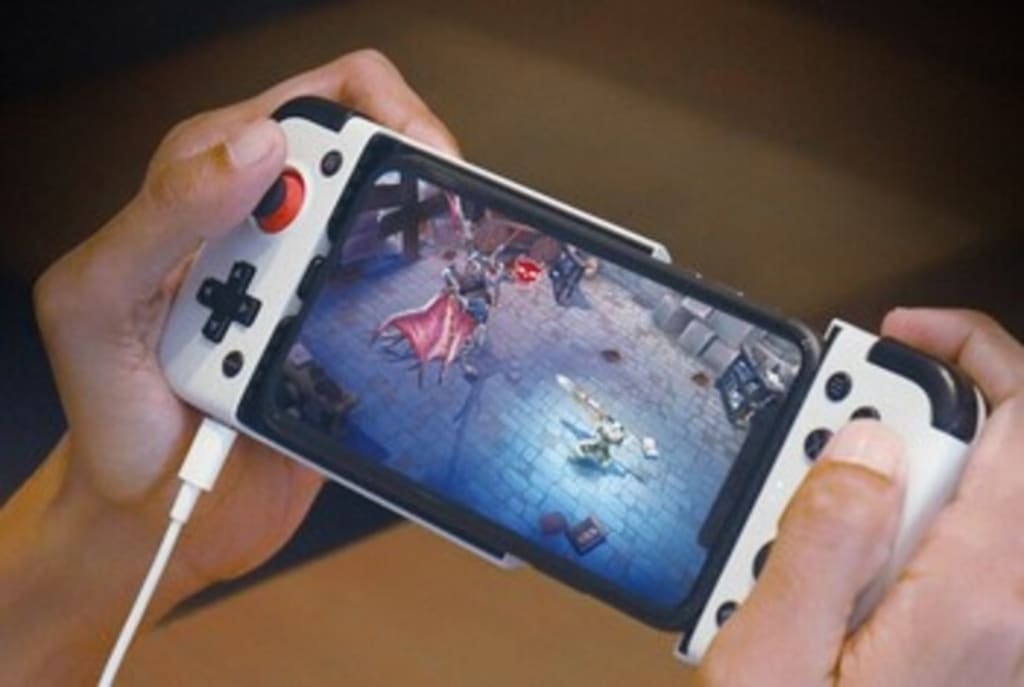6 home devices most vulnerable to hackers
From Wi-Fi routers to internet-connected smart TVs, our homes are filled with countless 'smart' devices. However, this 'smartness' can be a 'double-edged sword', creating security holes that hackers can exploit.
Your home is filled with smart devices that make life more convenient and keep you connected to the world. However, these same devices can become easy targets for cybercriminals.

If not properly protected, they can unintentionally expose personal information and pose serious risks to your privacy and security. Here are some simple yet effective ways to protect your living space from online threats.
1. Wi-Fi router
If there's one device in your home that hackers are particularly keen to take over, it's your Wi-Fi router. The reason is simple: the router acts as the gateway that connects all the devices in your home to the internet.
Once compromised, it can become a "gateway" for hackers to infiltrate every device on your network, from laptops, smartphones to even smart TVs.
The two most common security vulnerabilities of Wi-Fi routers are outdated software and using default login credentials. According to a study by the Ohio Society of Certified Public Accountants (USA), up to 89% of respondents have never updated their router software and 72% still use the default Wi-Fi password.

This makes their home network an easy target for cyberattacks. To protect your router, take the following steps:
- Update firmware regularly:This helps patch security holes and improve the performance of your router. If you don't know how to do it, you can refer to our detailed guide on how to update your router's firmware.
- Change default login information:Use strong passwords that combine uppercase, lowercase, numbers, and special characters for added security.
- Enable the strongest encryption mode:If your router supports WPA3 security, enable it now for the best protection for your data. If not, WPA2 is still the minimum option you need to prevent unauthorized access.
Protecting your router not only helps secure your Wi-Fi, but also protects your entire smart home system from hacker threats.
2. Security cameras and smart doorbells
Security cameras and smart doorbells are designed to protect your home, but if not properly secured, they can become weak points that put you at risk.
Like Wi-Fi routers, these devices are often vulnerable to attacks due to outdated software and default passwords. Hackers can exploit these vulnerabilities to snoop on live feeds, disable devices, or even gain access to your entire home network. To strengthen your protection, take the following steps:
.jpg)
- Change the default password immediately after setting up the device and use a strong password with special characters, uppercase letters, lowercase letters and numbers.
- Enable two-factor authentication (2FA) if supported by your device for added security.
- Update software regularly, as manufacturers constantly release patches to fix security holes.
- Choose a device with end-to-end encryption to protect video streams from unauthorized access, even if data is intercepted.
- Avoid using public Wi-Fi to access your camera, as these networks are often insecure and vulnerable to attack.
With these measures, you can ensure that your smart security system actually protects your family, instead of becoming a tool in the hands of bad guys.
3Smart speakers and voice assistants
Smart speakers and voice assistants like Alexa, Google Assistant, and Siri offer incredible convenience, allowing you to control devices in your home, set reminders, and search for information using just your voice.
However, because they are always listening to their surroundings, they can also become a gateway for bad guys to invade your privacy.
.jpg)
In August 2024, UK tech company NCC Group discovered a serious security flaw in its Sonos smart speakers that allowed hackers to eavesdrop on users. This is just one of many cases that show that smart speakers can be vulnerable to attack.
While you can't completely control vulnerabilities from the manufacturer's side, you can still minimize the risk by taking the following measures:
- Review and adjust device permissions, disabling unnecessary features like voice purchasing or remote access.
- Regular software updates ensure your device is patched for security vulnerabilities.
- Be careful when connecting third-party applications or services, as they can open up new vulnerabilities in your security system.
- Use secure Wi-Fi networks and limit access to your smart speaker from untrusted devices.
By proactively controlling your settings and using your smart speaker intelligently, you can enjoy convenience without sacrificing your privacy and security.
4. TSmart V
Smart TVs are not just for entertainment, they can also become data collection tools or even weak points in your home network security system.
Many devices track your viewing habits, and if compromised, they could become a backdoor into your entire network. Even more worrying, some TVs have built-in cameras and microphones, opening the door for bad guys to spy on you without you even knowing. Here's how to protect your smart TV:
- Disable Automatic Content Detection (ACR) and other tracking options in settings. Different manufacturers have different layouts, but searching for your TV model will help you quickly locate where to turn this feature off.

- Limit the installation of unnecessary applications, as each application can pose a security risk, especially if it does not come from reputable developers.
- Update software regularly to ensure security vulnerabilities are patched promptly.
- Check app permissions, especially those that require access to the microphone and camera.
By taking the above measures, you can enjoy the convenience of a smart TV while keeping your personal data and privacy safe.
5. Centersmart home control
Smart home hubs let you control everything in your home, from lights to air conditioning, with just one command. But that convenience also makes them an attractive target for hackers.
If your smart home control center is hacked, bad guys can take control of your entire smart home system, causing serious risks. Common threats include:
- Weak passwordand outdated software:Many users set it up and forget about it, missing out on important updates that patch security holes.
- Poor authentication security:Hackers can exploit default credentials or perform brute-force attacks to take control of the device.
- Unsafe third-party application integration:Every device or application connected to the hub is a potential weak point if not tightly managed.

Photo: Internet
To protect your smart home control center, you need to take the following measures:
- Use strong and unique passwords, especially if the control center requires an online account.
- Enable two-factor authentication (2FA) to prevent unauthorized access.
- Update software regularly to ensure the device always has the latest security patches.
- Tight control over third-party apps: Only connect to trusted devices and apps. Avoid granting unnecessary permissions to unrelated apps.
- Create a separate Wi-Fi network for smart home devices: This helps isolate them from other important devices like computers and phones, minimizing the risk of intrusion.
Proactively protecting your smart home control center not only enhances safety, but also ensures your smart living experience remains stable and secure.
6Game console
If you think consoles are just for playing games, think again. With stored payment information, voice capabilities, and built-in cameras, consoles contain more personal data than you might think, making them attractive targets for bad guys.
According to security firm Kaspersky, malware attacks on gaming consoles increased 13% in the first half of 2022 compared to the previous year. Hackers often use stolen login data to break into gaming accounts, especially if you reuse passwords across multiple platforms.
Once in, hackers can make illegal purchases, sell your account on the black market, or even lock you out entirely. In addition, the console collects data on your playing habits, voice chats, and can store your conversations. If breached, a lot of your private information could be exposed.

Photo: Internet
To ensure the safety of your game console, you need to do the following:
- Use strong and unique passwords.
- Turn on two-factor authentication (2FA) so even if someone gets your password, they can't log in without your authentication code.
- Check and delete saved payment methods to reduce the risk of abuse if your account is hacked.
- Adjust your privacy settings. Review what your console is collecting and limit data sharing if necessary.
- Turn off voice assistant and cover camera when not in use.
In short, your home is not just a place to live but also a technological ecosystem with countless connected devices, from Wi-Fi routers, security cameras, smart TVs to game consoles. These devices bring unprecedented convenience, helping you control your home with just a touch or voice command.
However, this connectivity also opens the door for cybercriminals. Hackers are always looking for weaknesses in systems, exploiting security holes from outdated software, weak passwords, default logins, or improperly encrypted devices.
Once a device is compromised, it can become a “backdoor” for attackers to access your entire home network, threatening your privacy, personal data, and even your finances.
Being aware of these risks is the first step to protecting your home from cyberattacks. Be proactive in securing your smart devices before they become targets for bad guys.



.jpg)
.jpg)

